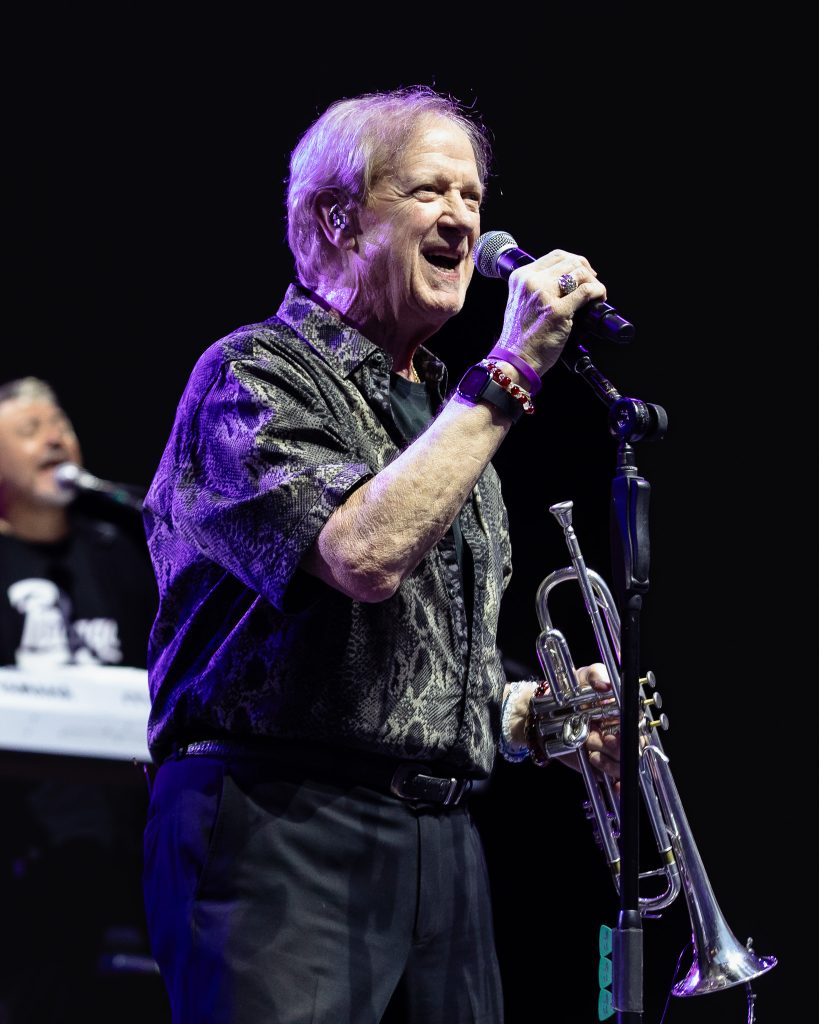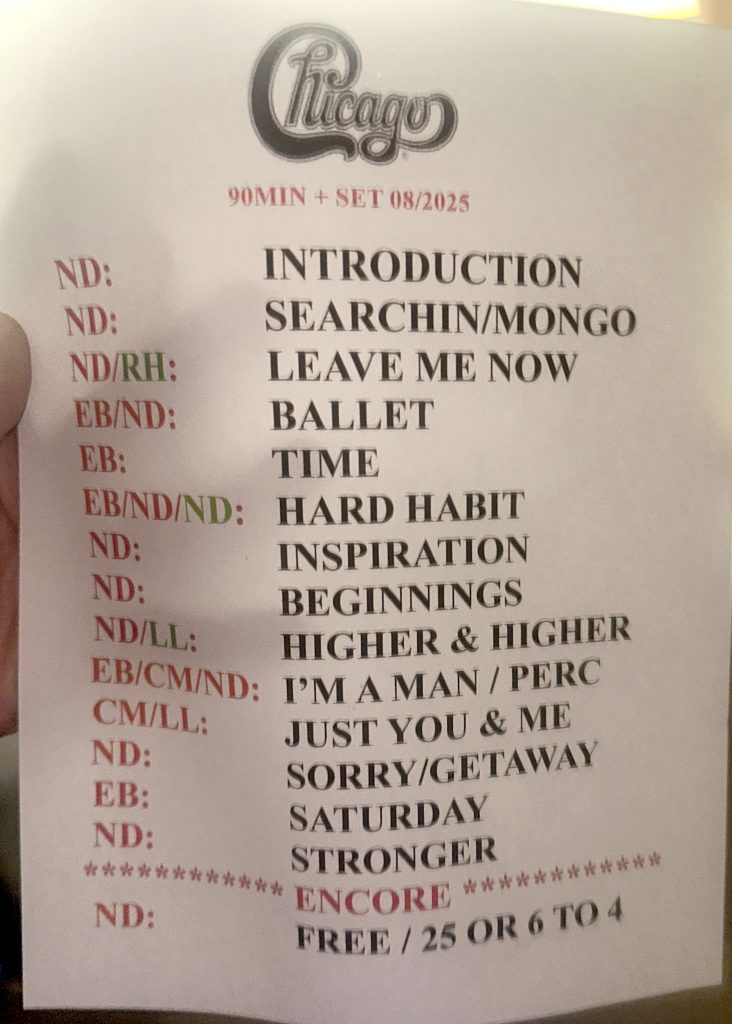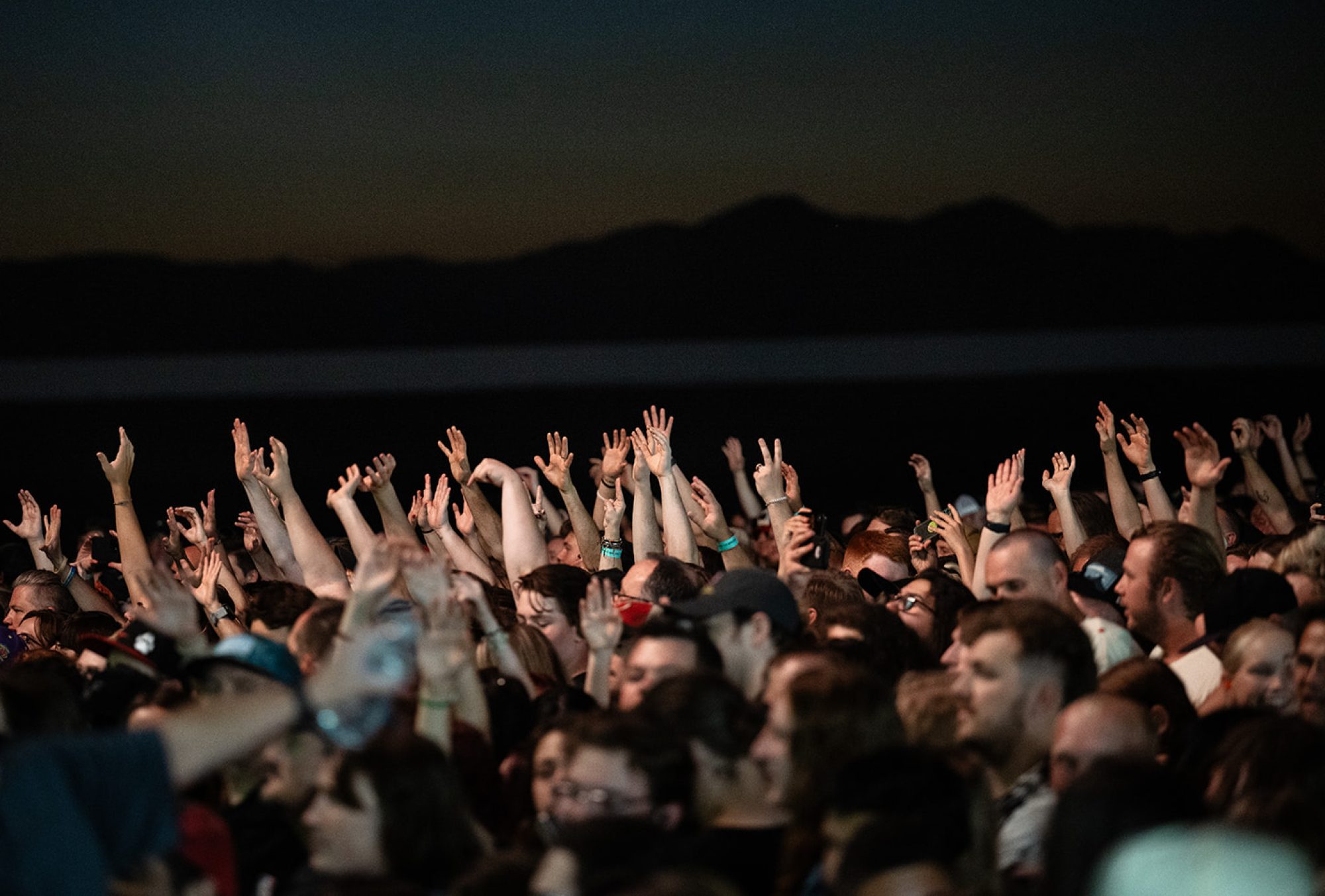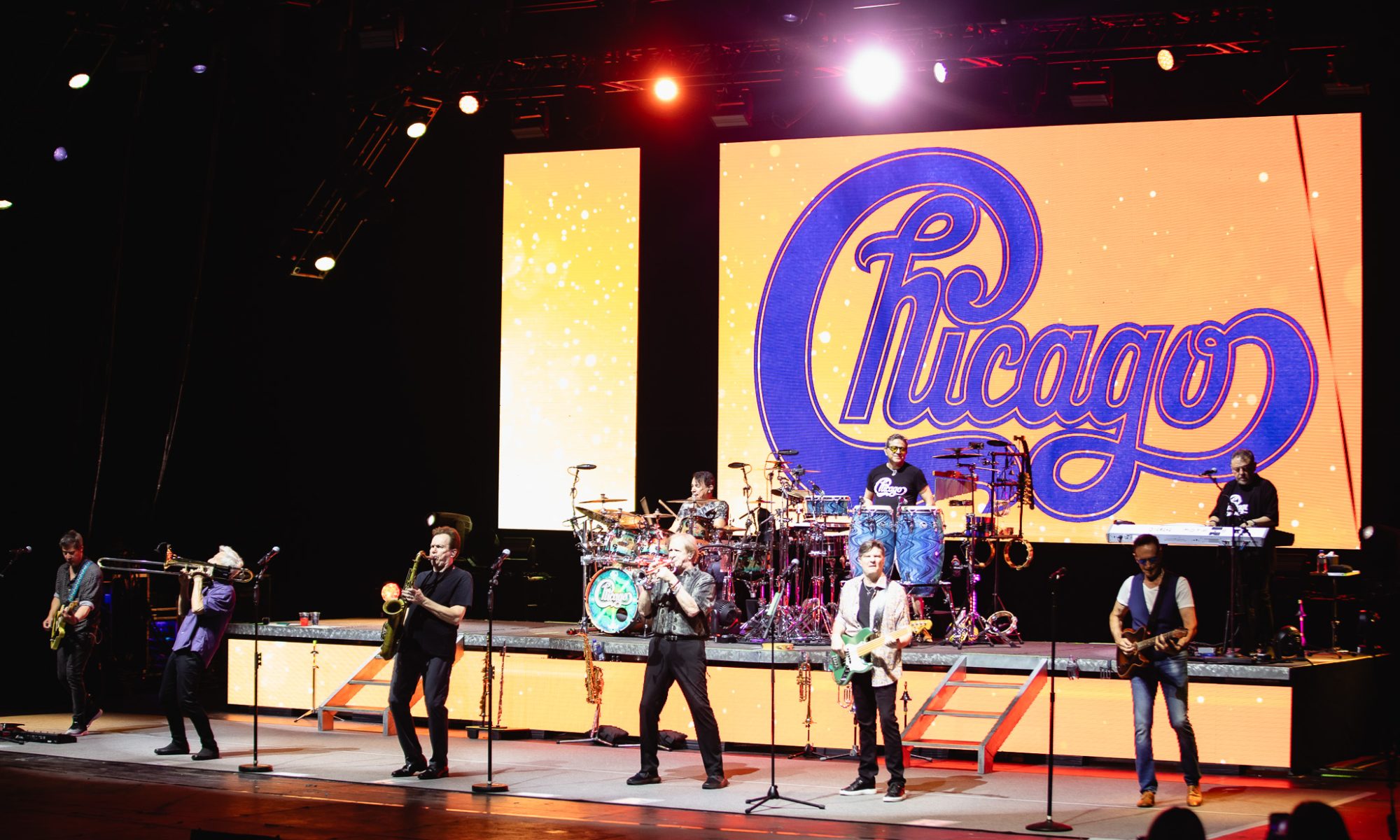Chicago • August 21, 2025 • Sandy Amphitheater
Reviewed and Photographed by Kevin Rolfe
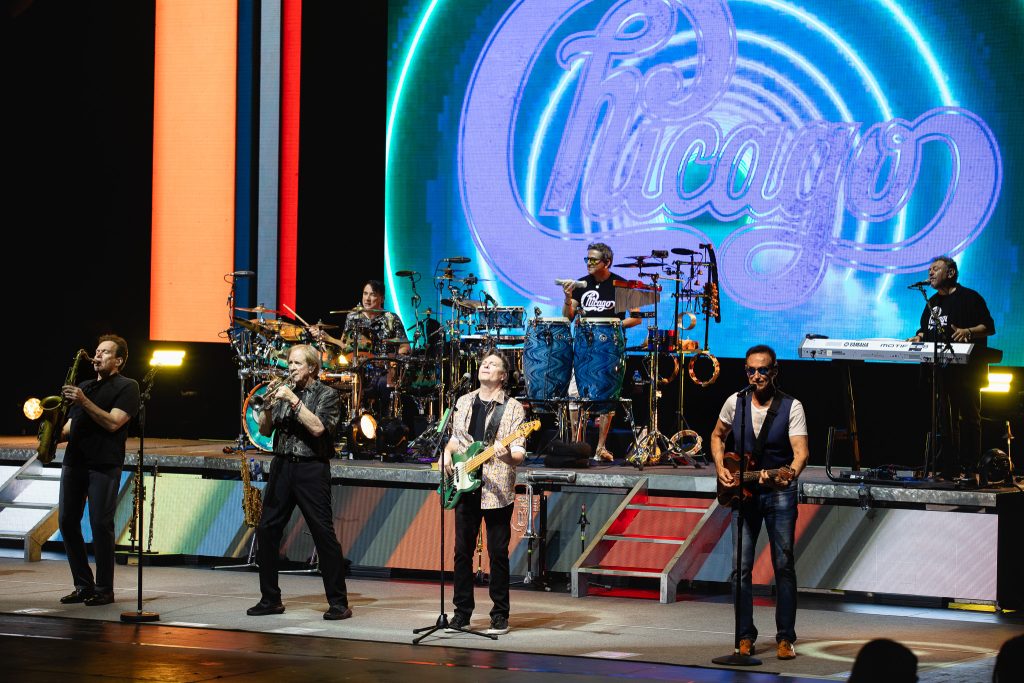
For more than five decades, Chicago has been delivering a unique brand of rock fused with jazz and pop elements, creating a sound that is instantly recognizable and endlessly beloved. Seeing Chicago in concert is more than just attending a show—it’s an immersive journey through some of the most iconic music in American rock history. On August 21, Chicago played to a sold-out crowd at the beautiful Sandy Amphitheater.
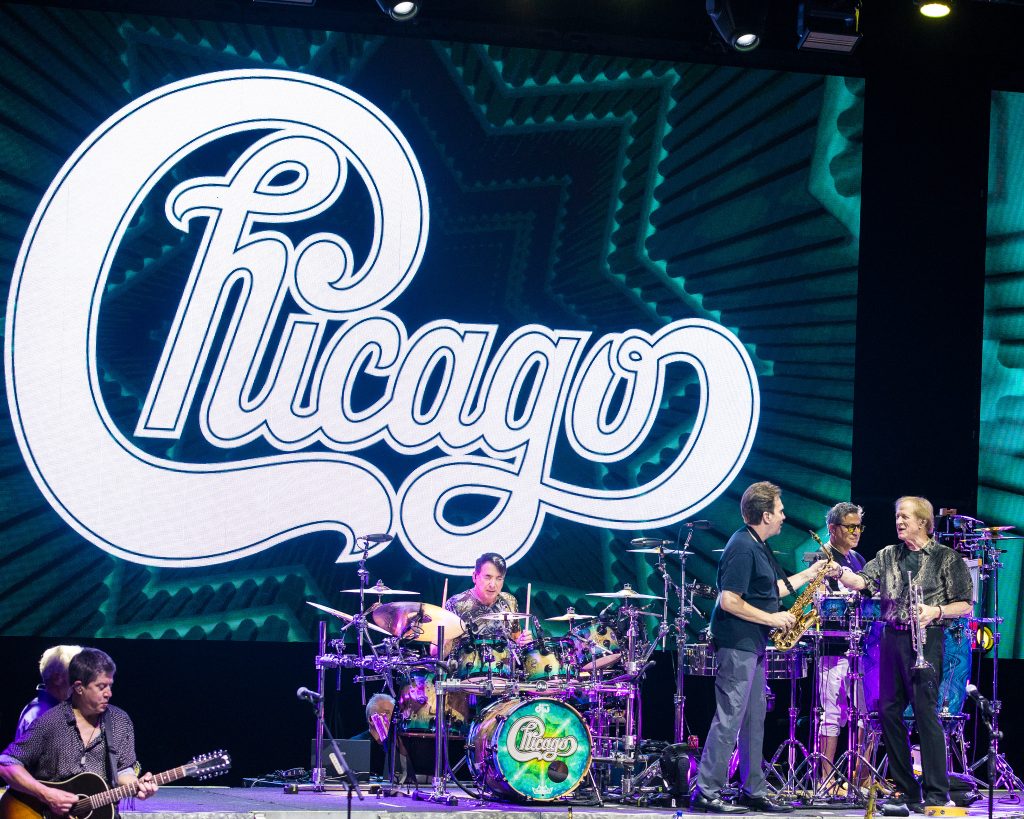
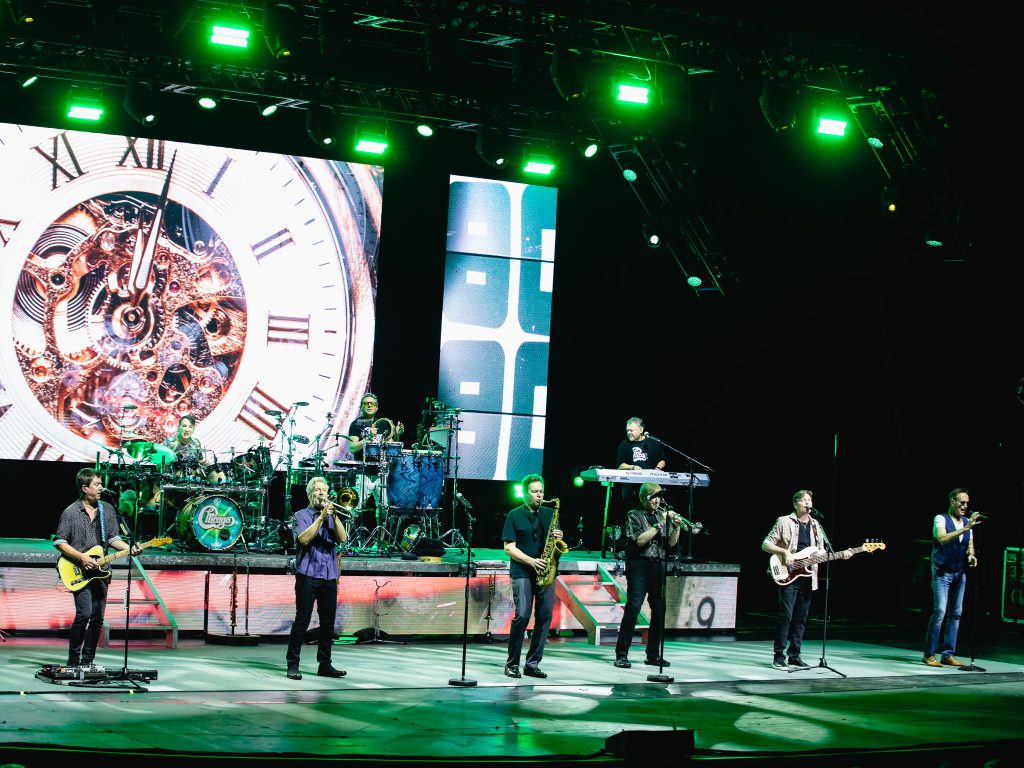
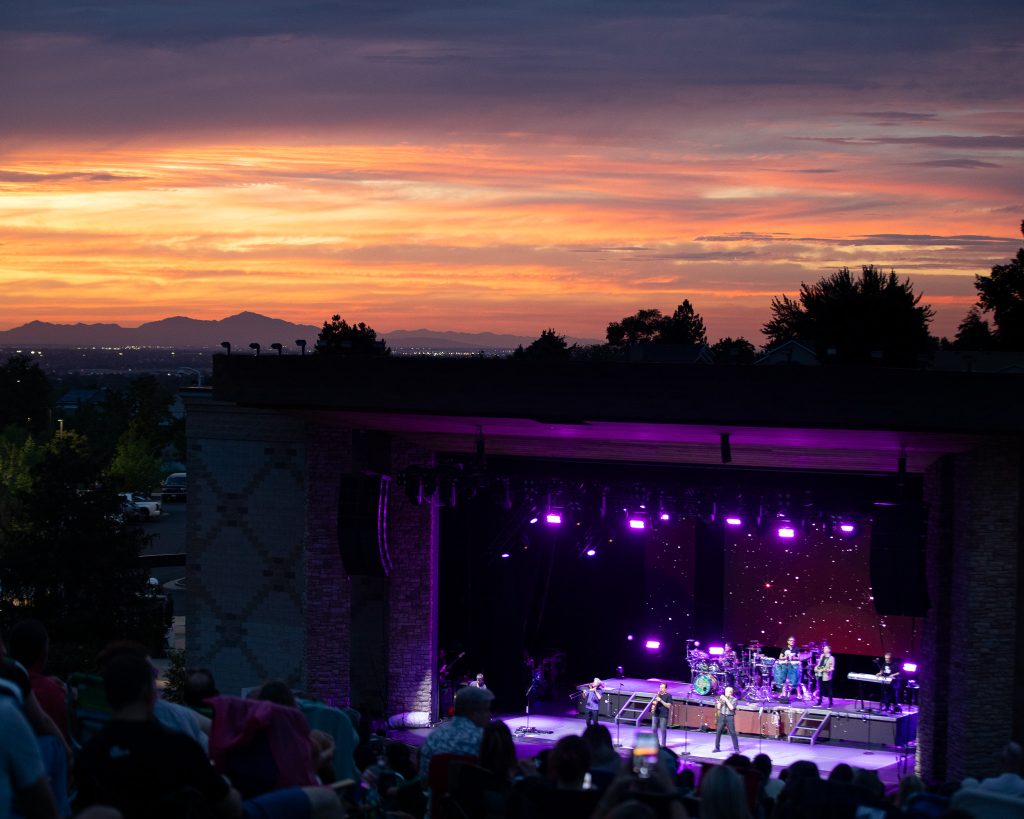
Chicago has always been about creating their own unique sound, one that relies not only on guitars, drums, and keyboards but on the electrifying presence of their horn section. Trumpet, trombone, and saxophone weave together to produce melodies and riffs that are just as vital as the lyrics themselves. That brass-driven sound, which made the band pioneers in the late ’60s and ’70s, continues to satisfy in a live setting. The horn section is such a huge part of this band that the entire show started with instrumentals that featured much to the crowd’s delight, the horn section.
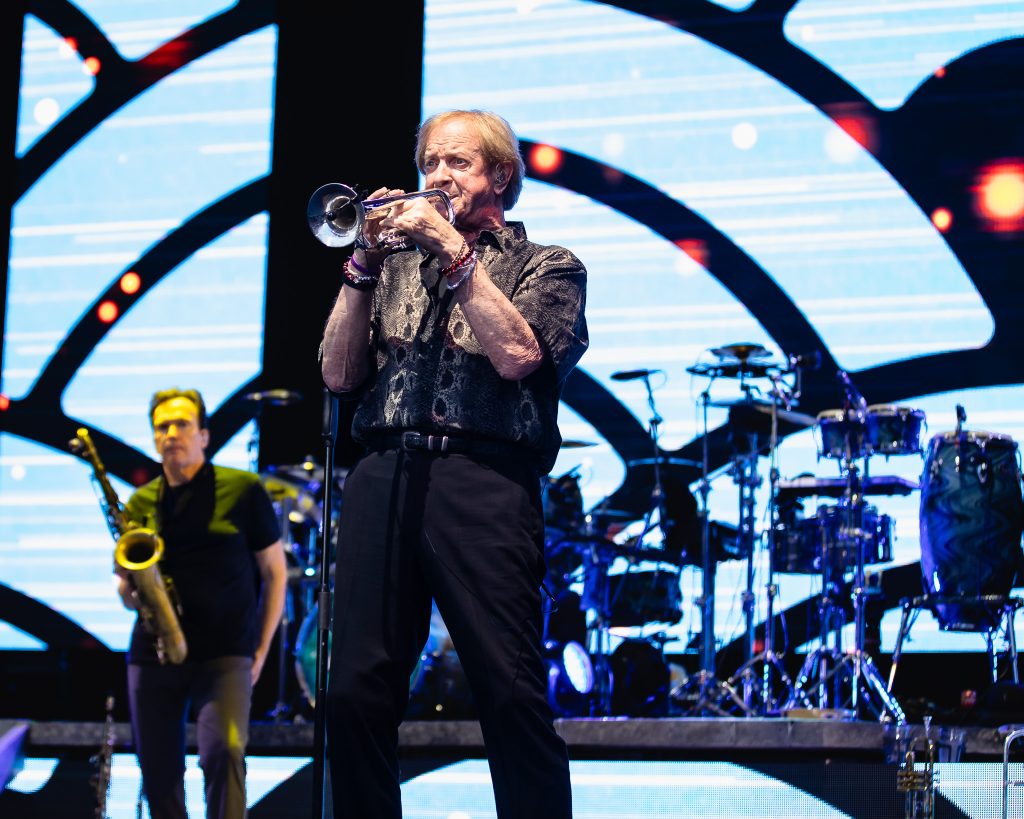
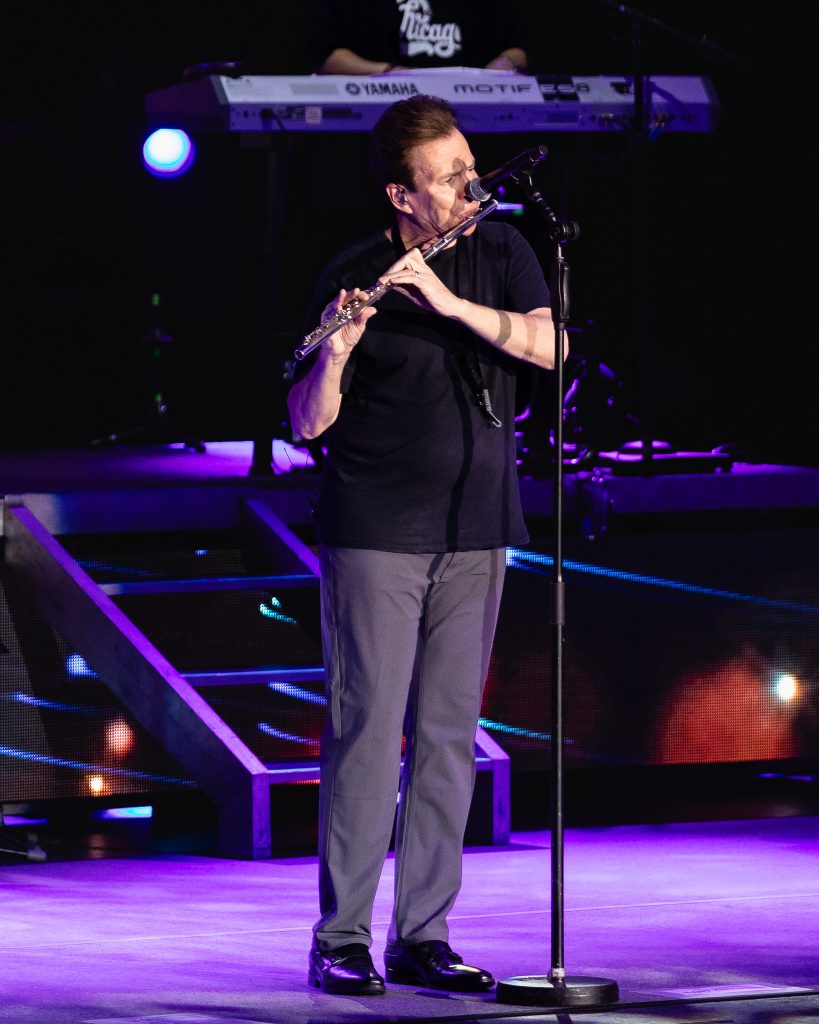
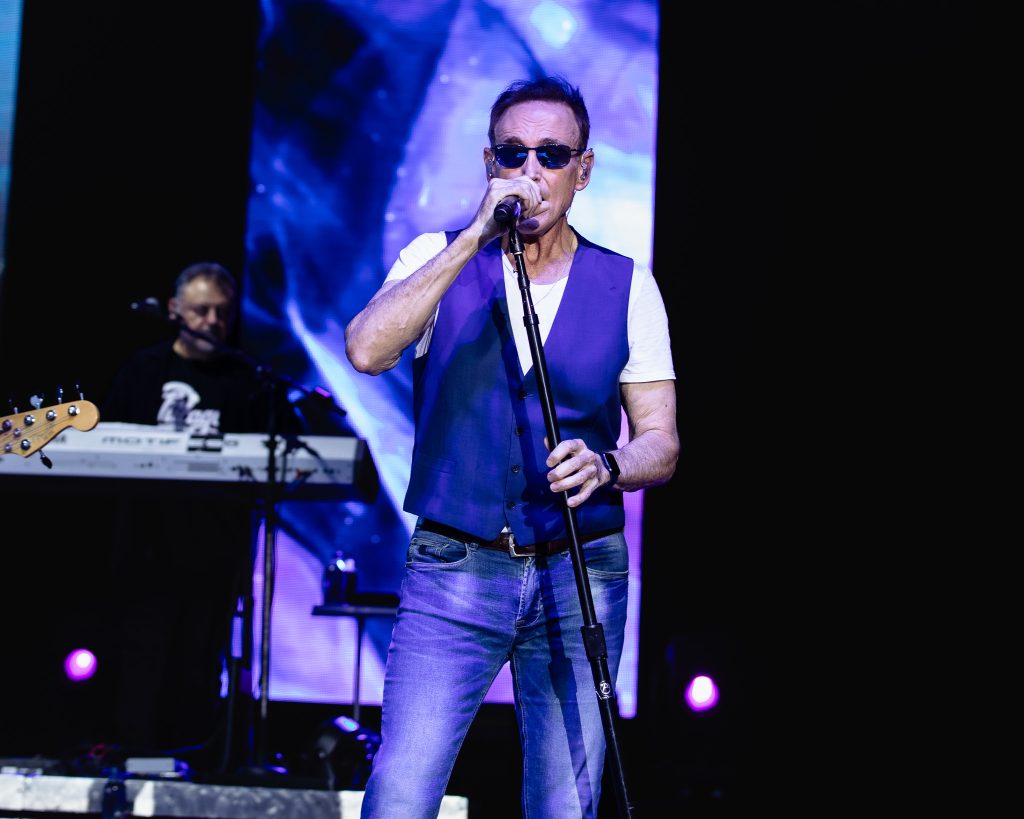
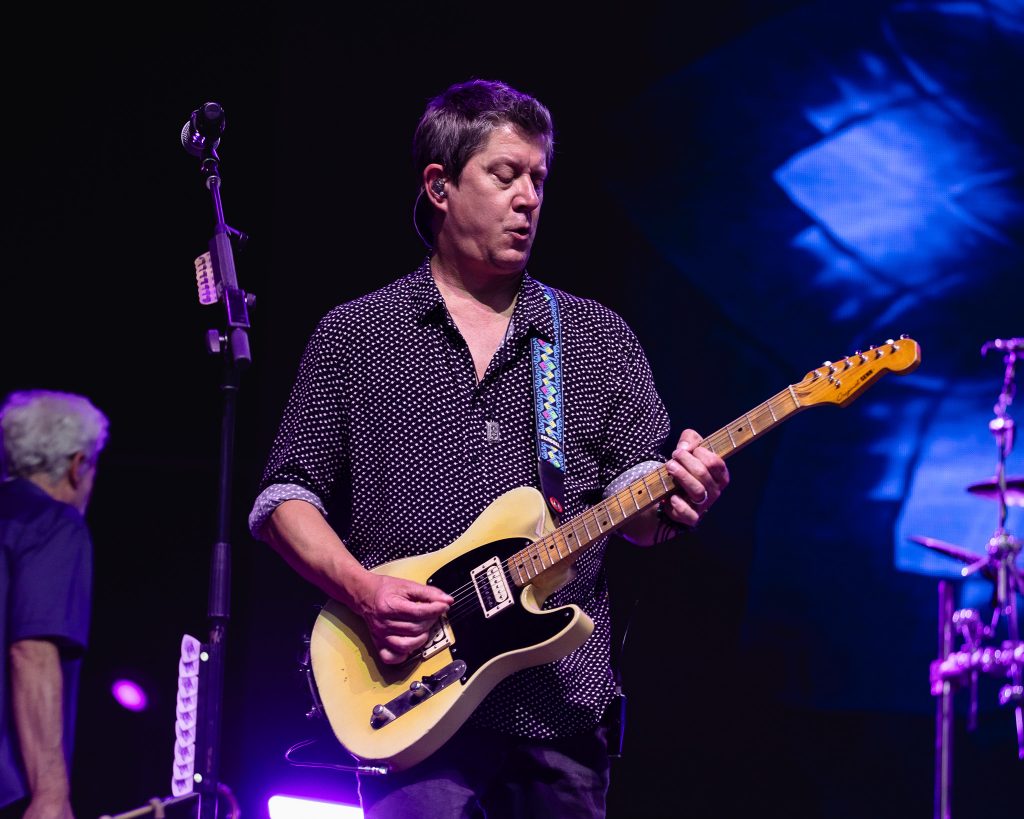
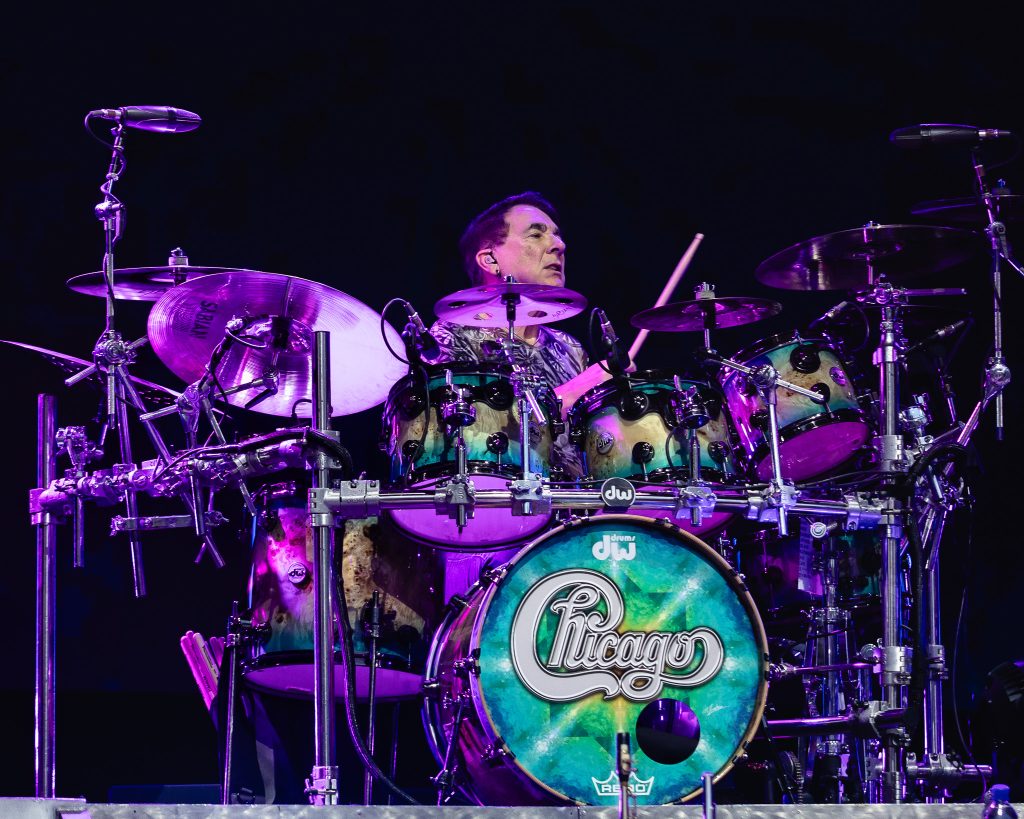
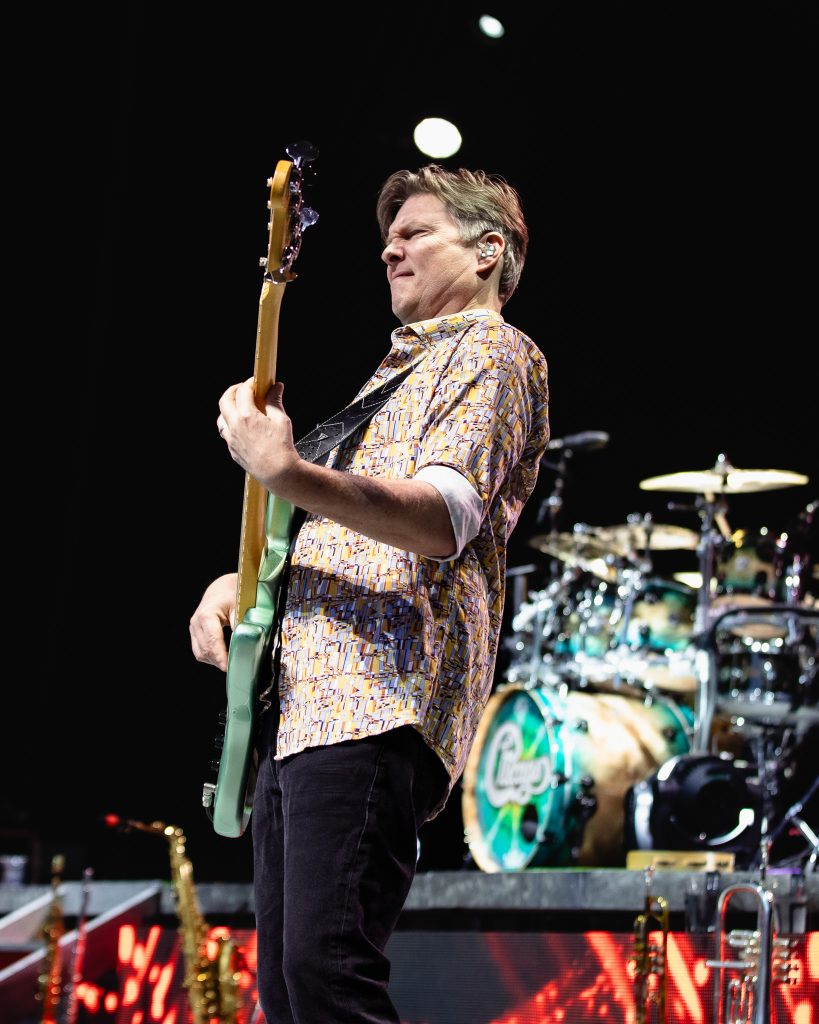
As the night progressed, Chicago balanced upbeat crowd-pleasers with their more contemplative ballads. Songs like “If You Leave Me Now” showcased the band’s softer side, highlighting the emotive power of their vocals and arrangements. “Does Anybody Really Know What Time It Is“ had the crowd tapping their feet and thinking back on when the song was released. These moments serve as a reminder of Chicago’s incredible versatility—able to transition seamlessly from driving, horn-fueled rockers to tender, heartstring-pulling ballads. The band’s ballads, often chart-toppers in their own right, give the show an emotional arc, deepening the audience’s connection to the performance.
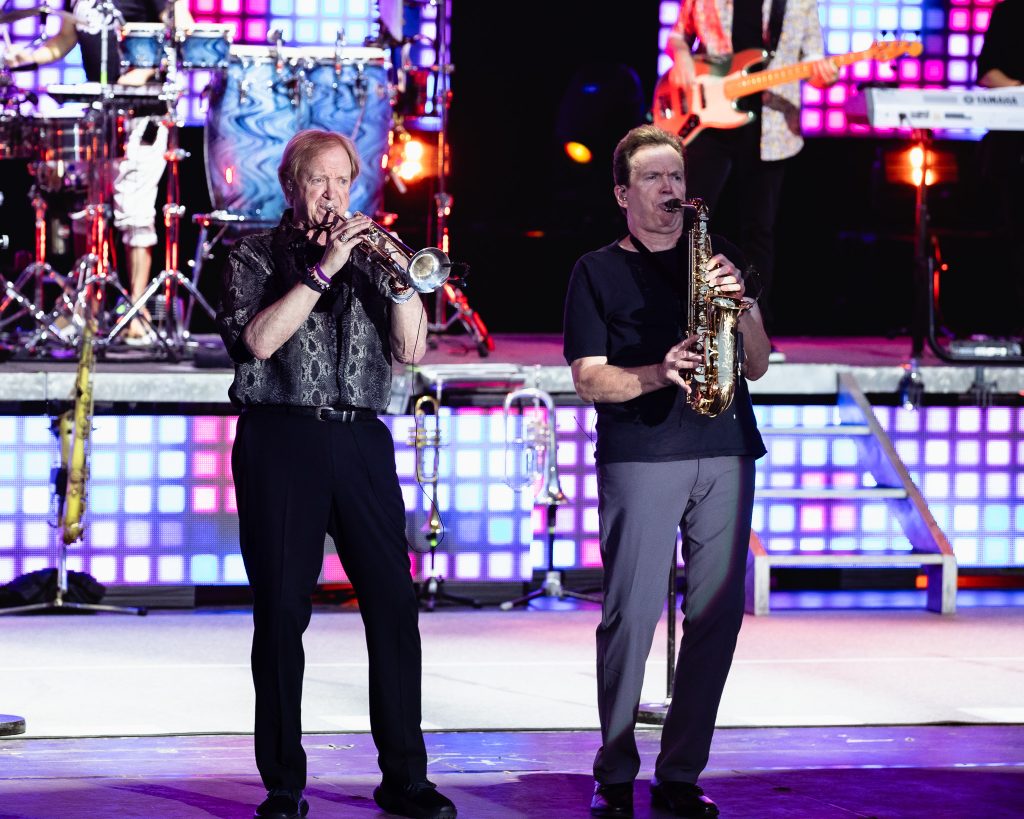
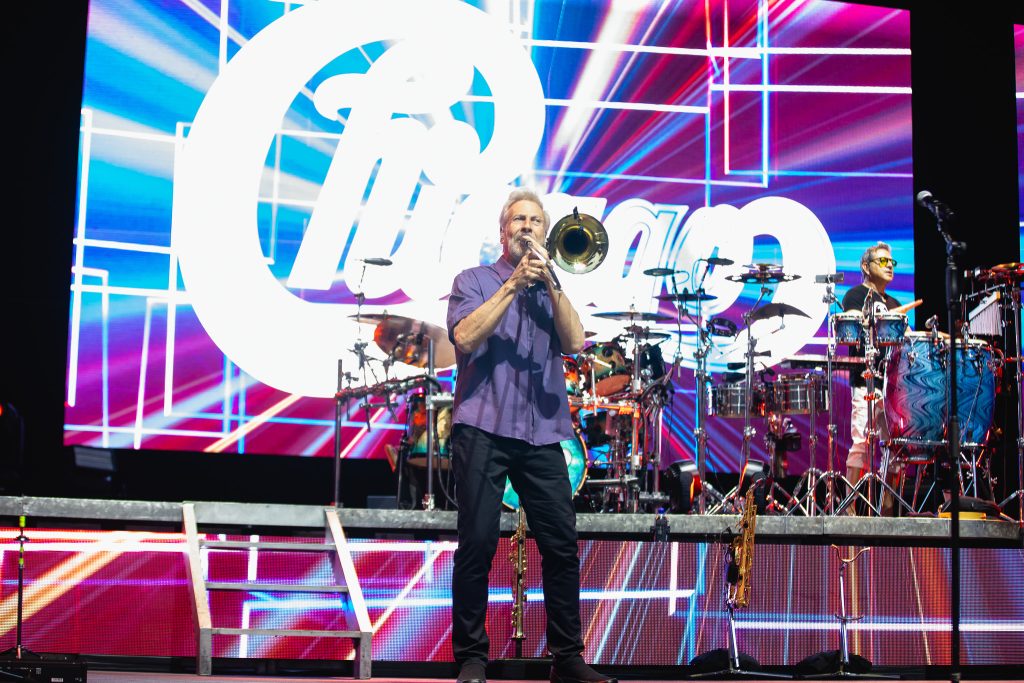
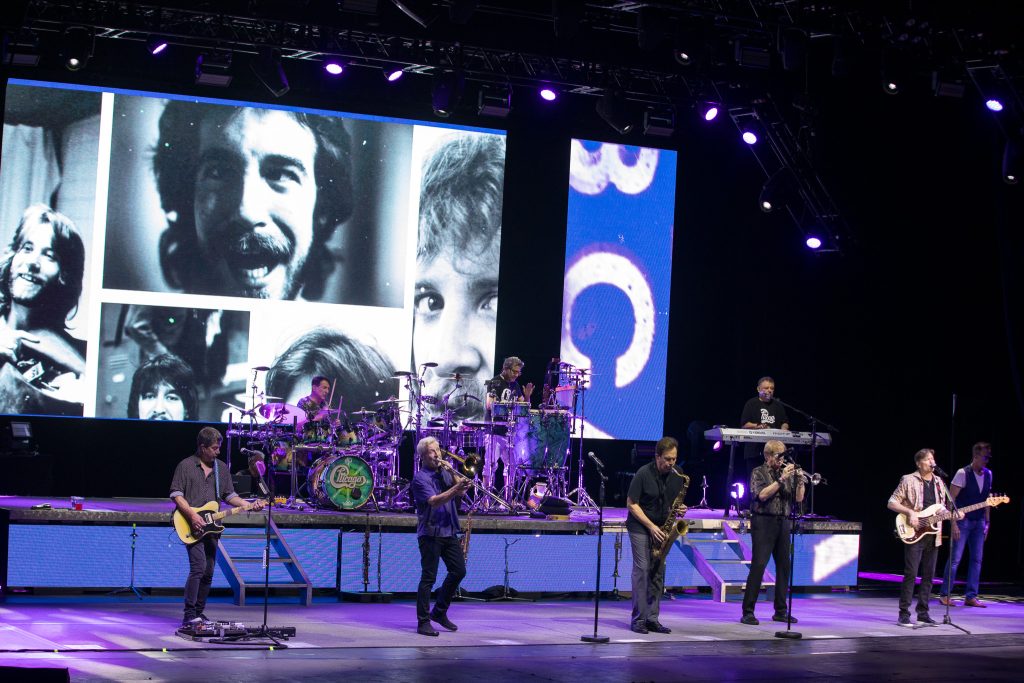
Speaking of ballads, when vocalist Neill Donell addressed the audience, he stated, “It’s incredibly unusual that a band gets two shots at the charts like Chicago did. ” When speaking about their second shot on the charts, Donell mentioned, “There’s a man, a friend of mine, came on board to produce an album called “Chicago 17.” The audience cheered the album as it’s one of Chicago’s biggest-selling albums. “This man’s name is David Foster. Here are a couple of tunes he produced from “Chicago 17.” I hope you enjoy.” Chicago proceeded to play “Hard Habit To Break” and “You’re the Inspiration.” Which drew a loud ovation from the crowd.
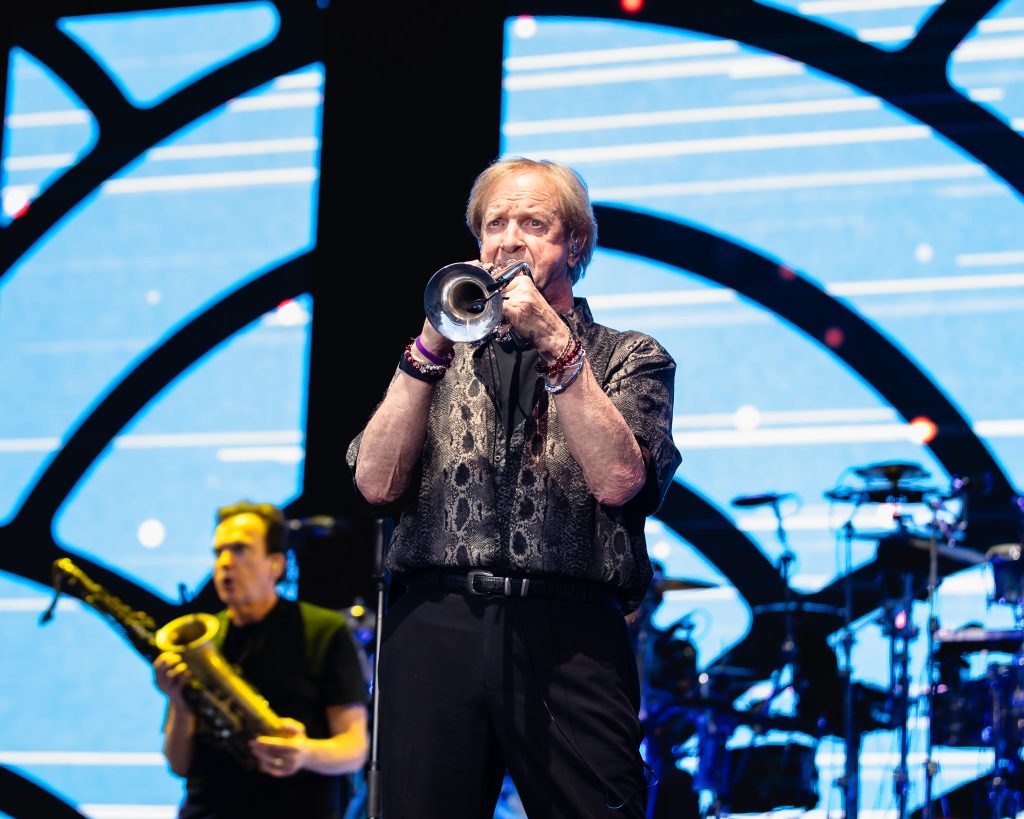
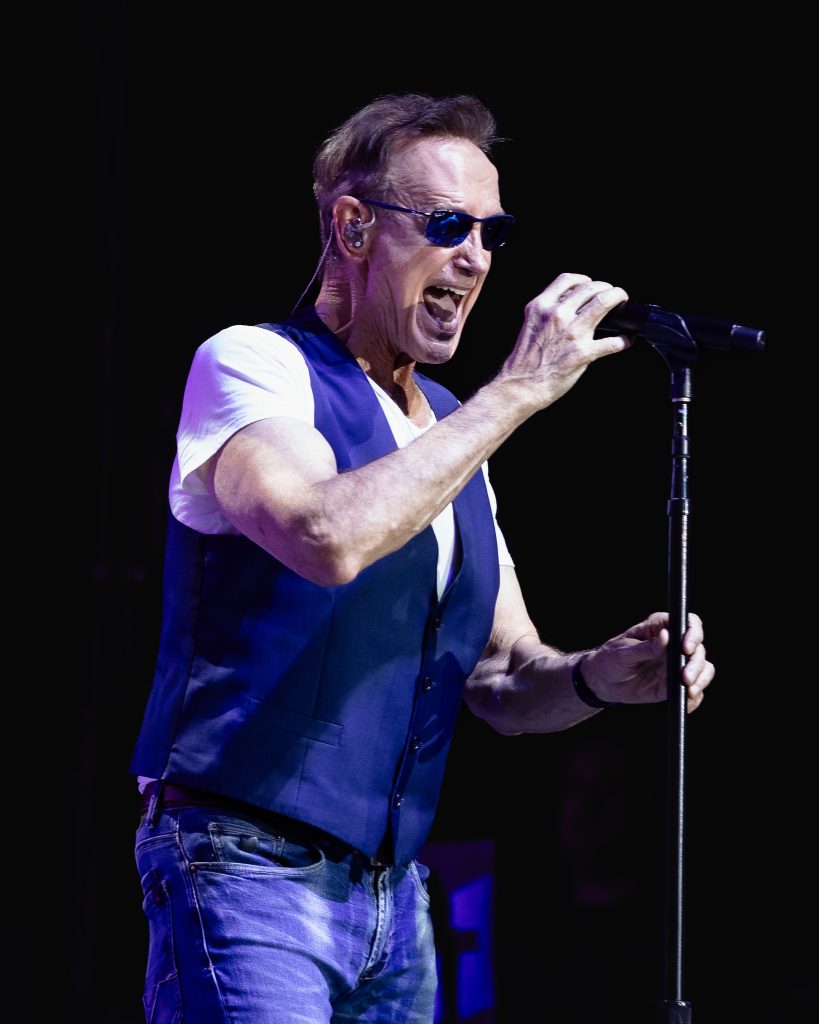
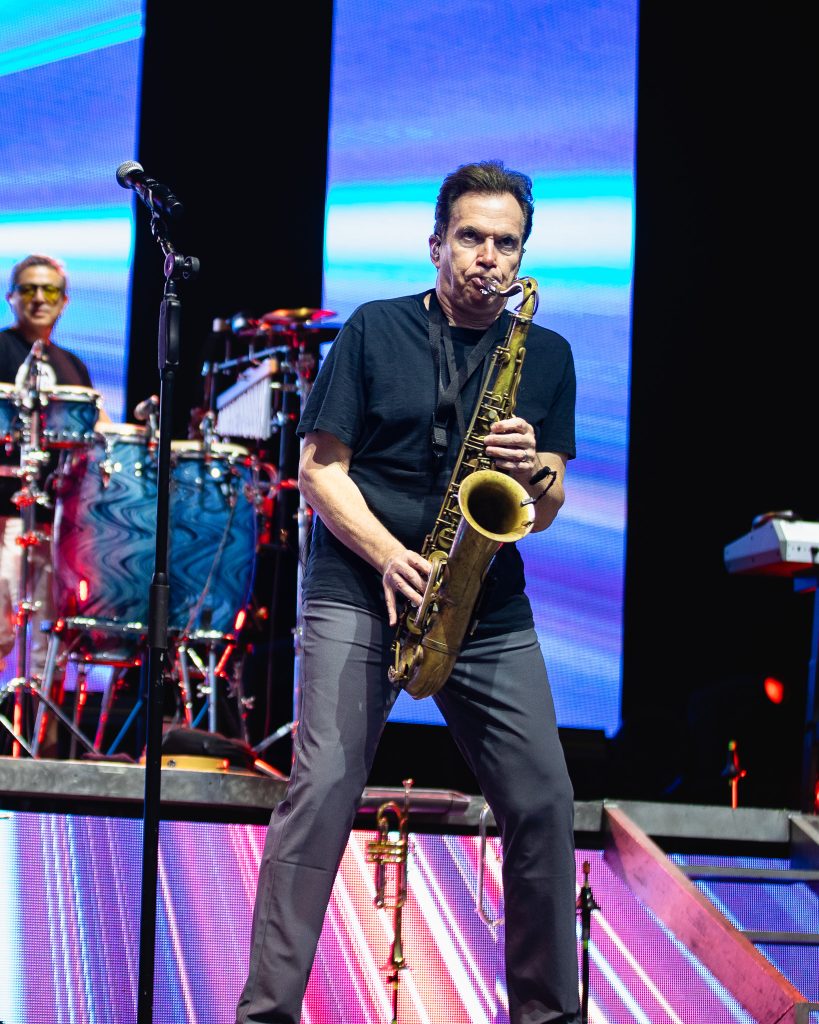
Instrumentally, Chicago’s live show is nothing short of masterful. The interplay between the brass players is tight and precise, yet never rigid. They allow room for improvisation, giving each performance its own flavor. The rhythm section anchors the sound, providing a rock-solid foundation while still allowing the horns to soar above it. Guitars and keyboards weave in and out, sometimes stepping forward for solos, other times supporting the rich ensemble sound. Every musician on stage is both a master of their craft and a piece of the larger musical mosaic.
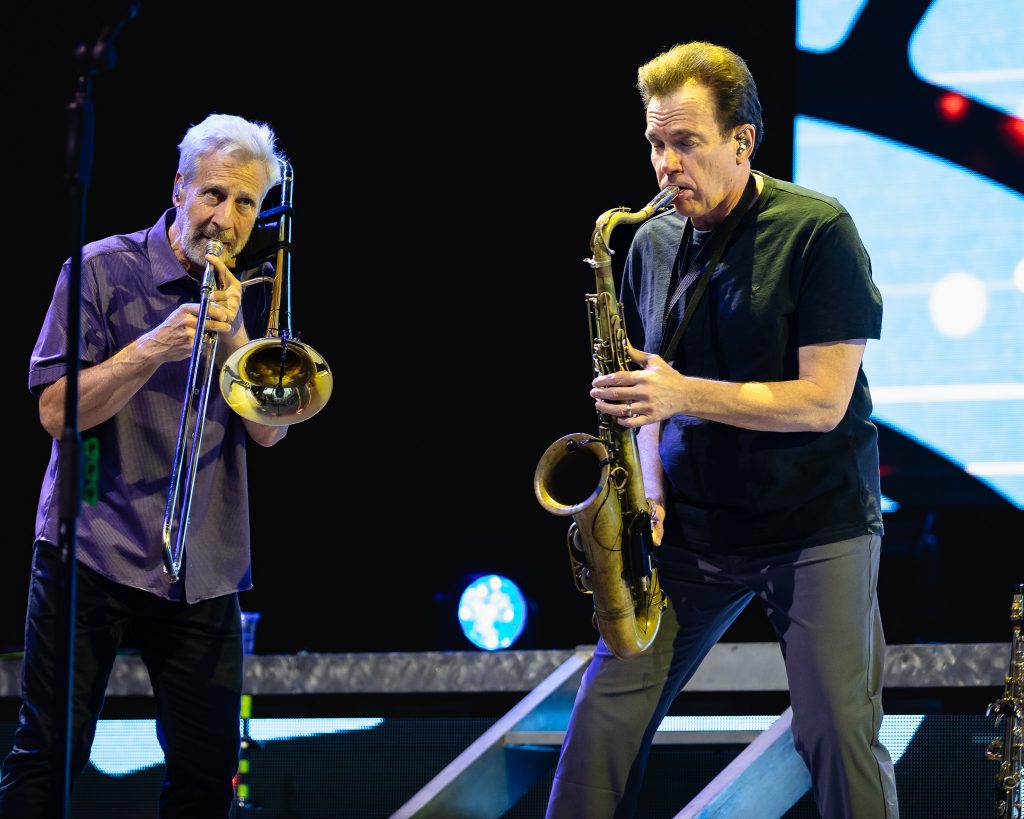
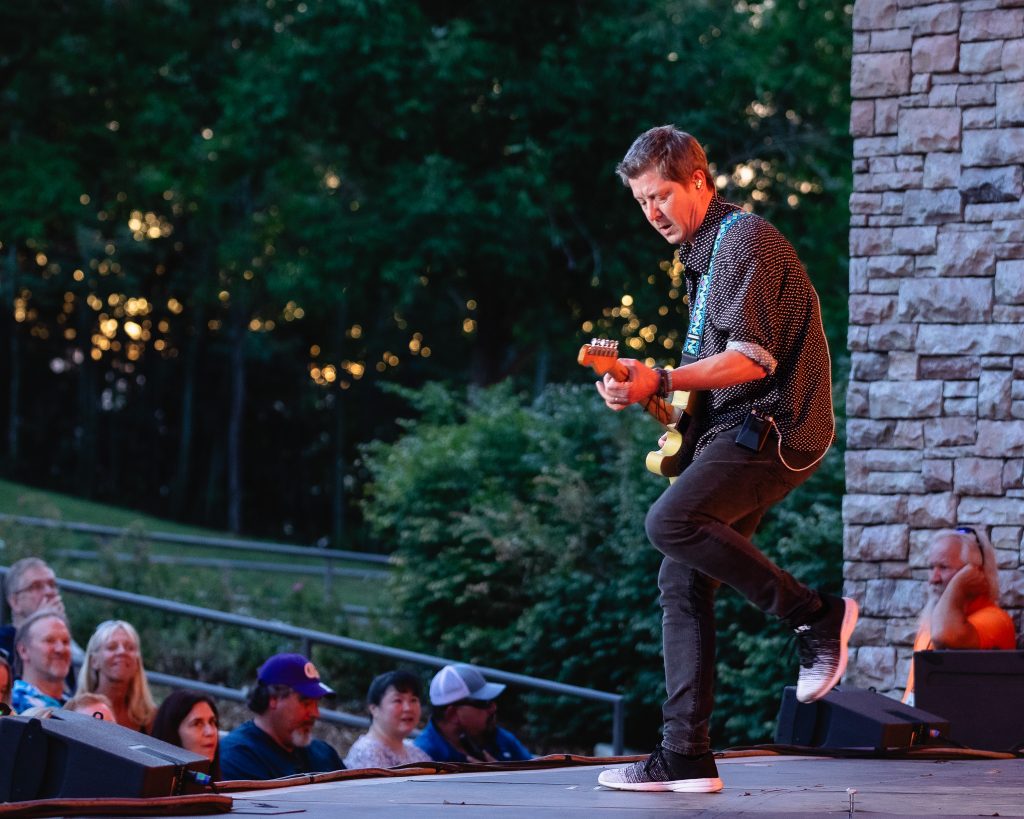
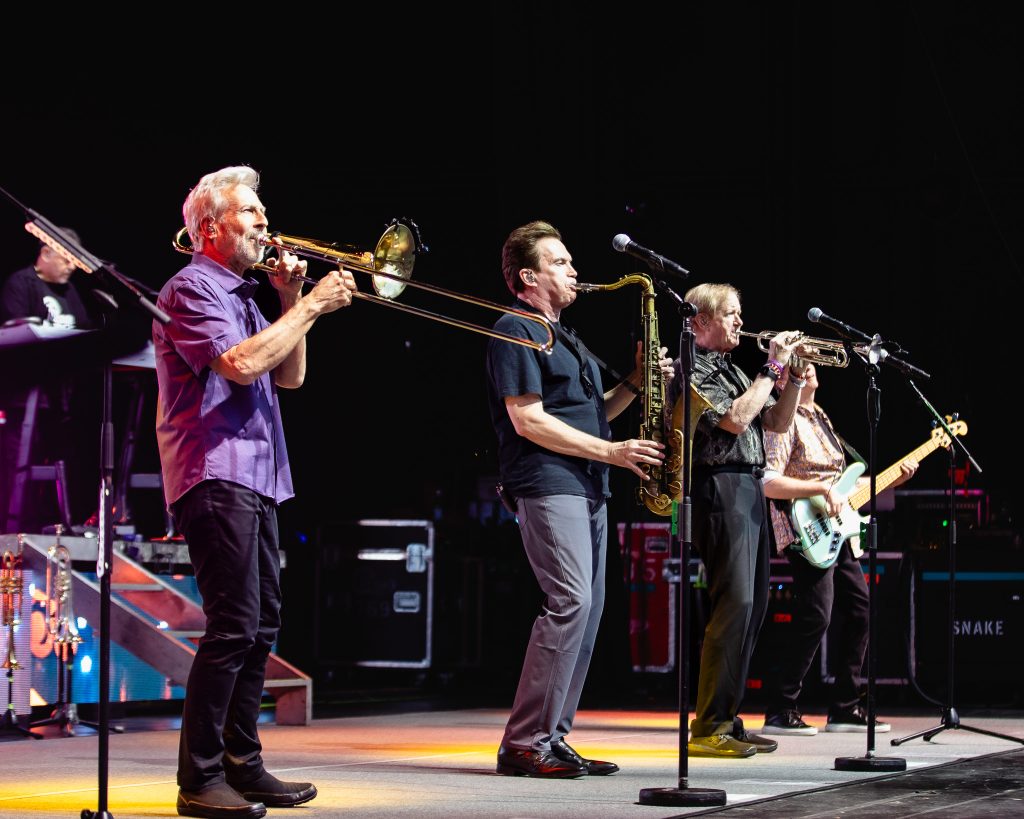
Trumpet player and the only original member of Chicago, currently touring, Lee Loughnane, shared with the audience memories of the early days. They had original music, but club owners didn’t want them playing those songs. They wanted covers. “Thank goodness Mowton was around back then. Because we love R & B.” He mentioned how much people loved dancing to this song. Lee encouraged the Sandy, Utah crowd to get up and dance. The sold-out crowd did indeed stand up and danced to Chicago’s cover of Jackie Wilson’s “Higher & Higher.”
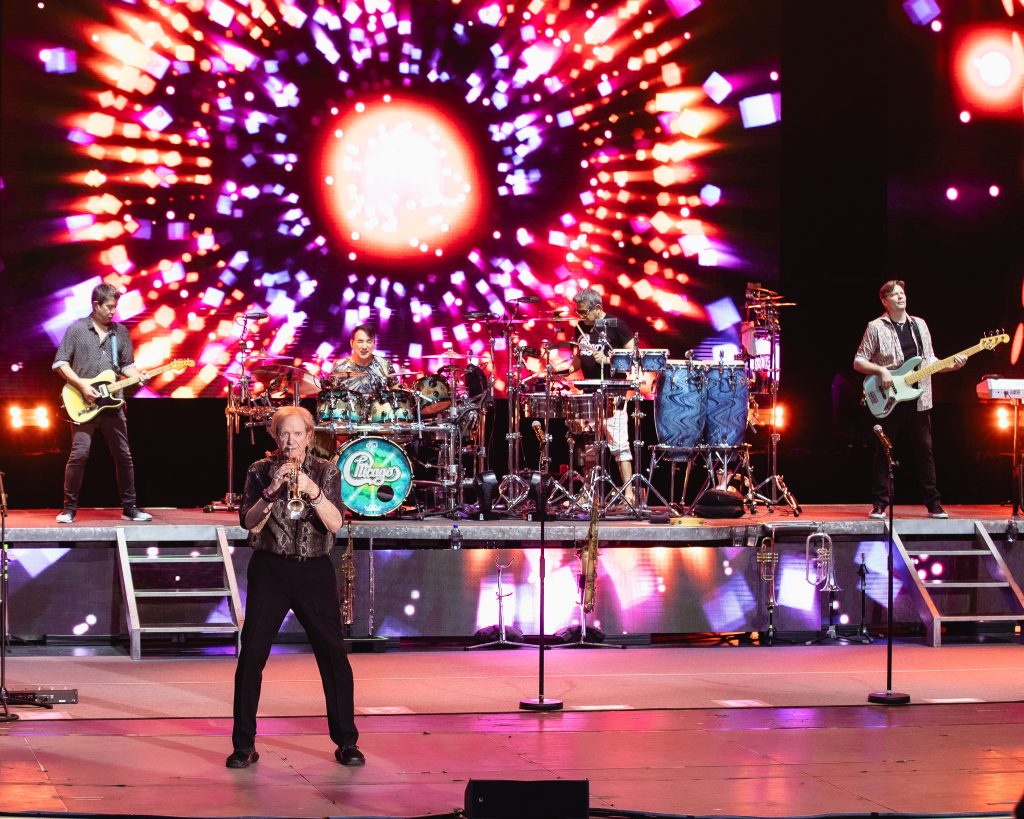
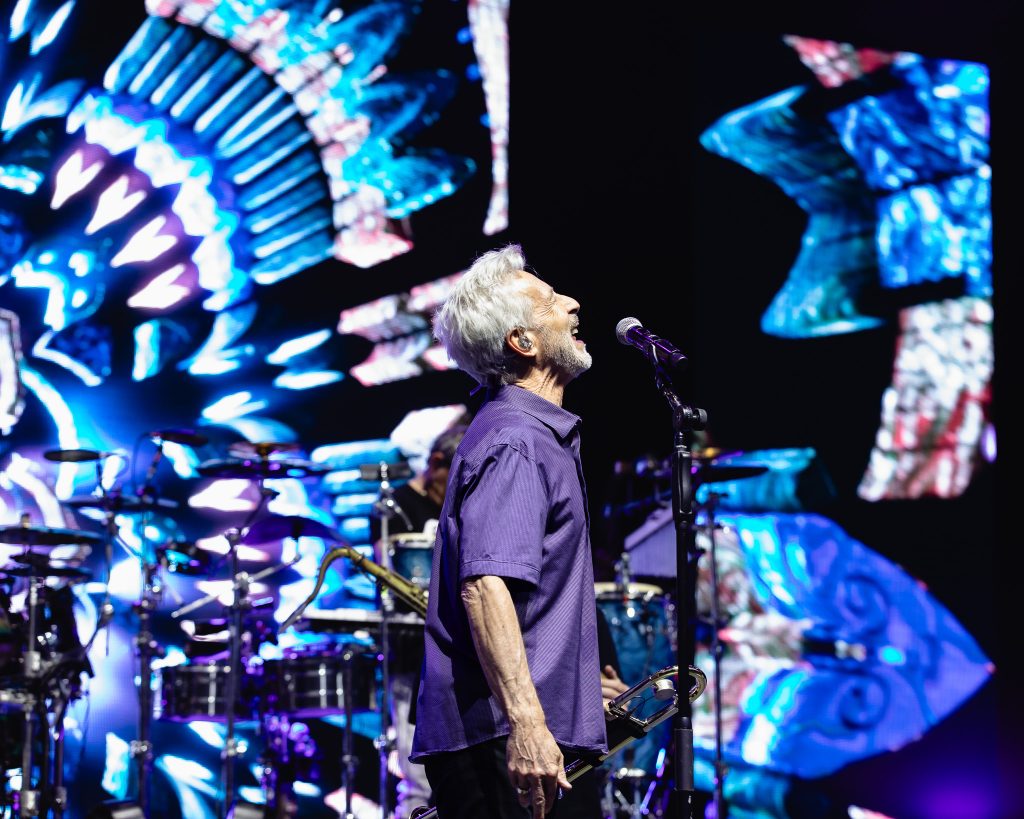
There was an audible gasp of excitement from the audience when the familiar piano melody of “Hard To Say I’m Sorry” began to play. Phone lights filled the amphitheater as arms swayed in the air, filling the night with an incredibly nostalgic moment. The audience stayed on their feet for the main set closer, “Saturday In The Park.” It was a great way to close out the set. The audience cheered for an encore that they most definitely got.
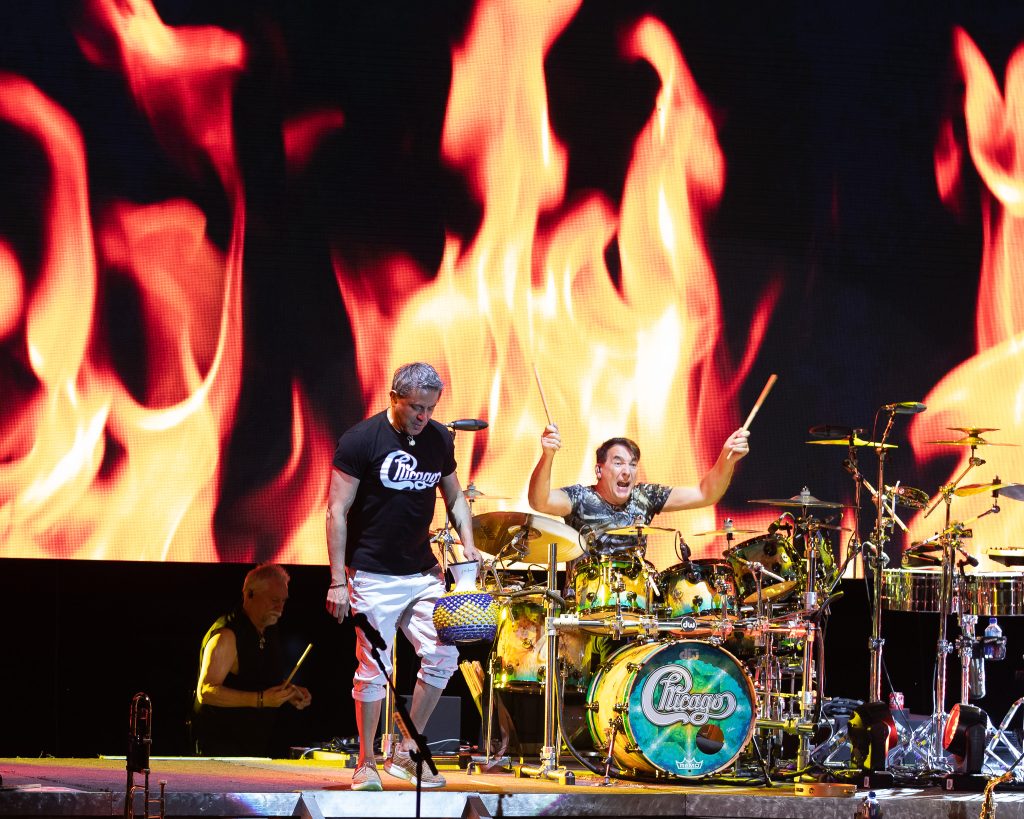
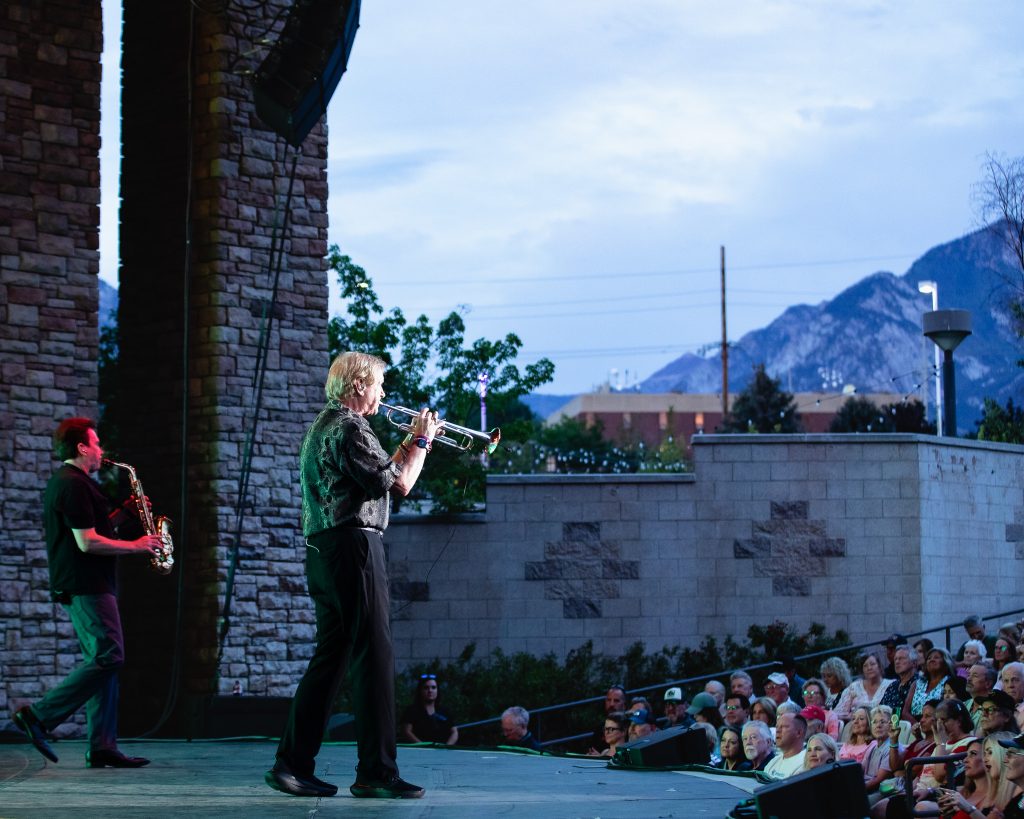
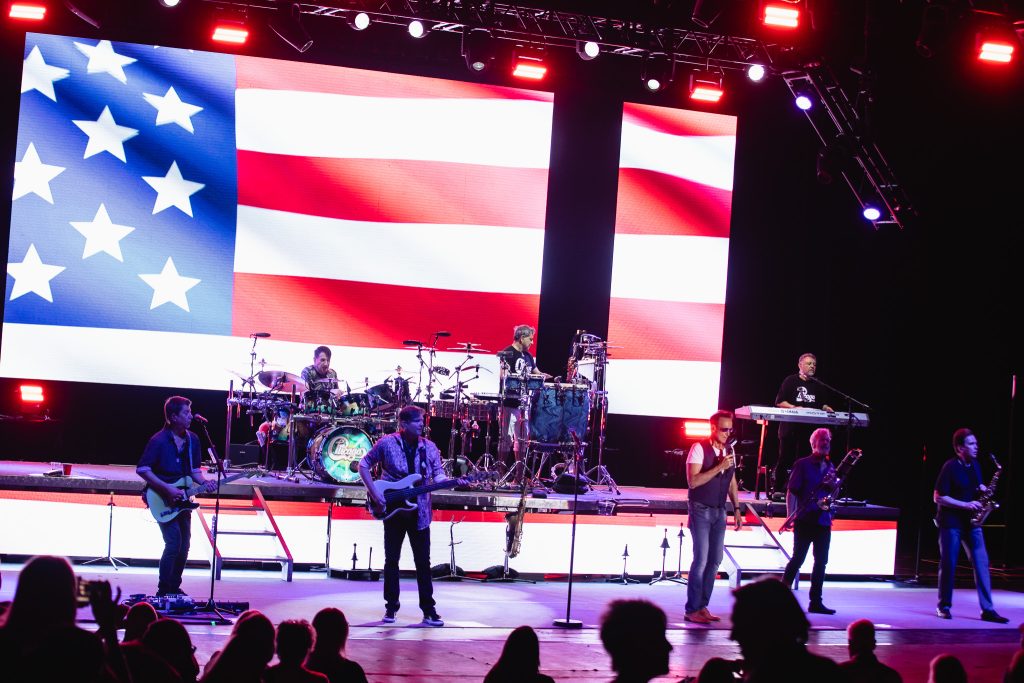
As the night came to a close, the band ended with one of their biggest crowd-pleasers, “25 or 6 to 4.” The opening riff elicits instant recognition, and the audience erupts into cheers, clapping, and dancing. It’s the perfect finale—an electrifying send-off that leaves fans buzzing long after the final notes fade.
In the end, seeing Chicago live is a reminder of why they remain one of the most successful and beloved bands of all time. Their concerts are not just about revisiting the past, but about embracing the present and celebrating the timeless joy of great music. With every horn blast, soaring vocal, and unforgettable chorus, Chicago proves that their legacy isn’t just preserved in records and awards—it’s alive and thriving onstage.
